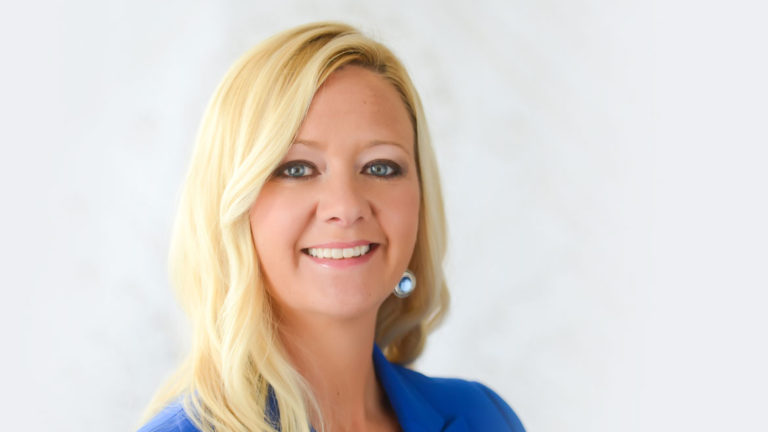
In an interview with the Health Quality Innovation Network (HQIN), Angie Bass, President and CEO of Midwest Health Connection (MHC), one of the largest health information exchange (HIE) networks in the United States, shared her perspective on the important role HIE plays in COVID-19 response, rural health and care transitions.
How has COVID-19 impacted your work and what changes have you made to better serve your participants?
HIE networks close interoperability gaps with high quality, real-time health data to support coordinated and effective response activities and planning, not only for COVID-19, but for any public health threat. The pandemic has helped us identify gaps in information reporting and availability that are vitally important during a crisis. We are making sure our data is available and useful to all public health stakeholders assisting with response efforts and to help them make informed decisions about prevention, treatments, operations, planning, resource allocation and policymaking. We also are educating our participants about the importance of thorough and accurate data entry into their electronic health record (EHR) systems. The more data that is entered the more data that is shared which can be used to better inform clinical and policy decision-making.
What are the benefits of HIE for rural health clinics?
Rural health clinics rely on patient referrals to be successful. Their patients often are sent to urban areas for treatment and return to the clinic for follow-up care. Through the HIE, rural clinicians can access lab and radiology results from other health care providers which helps inform their clinical decision-making and deliver better patient care. During COVID-19, there also has been an increase in telehealth services. To say telehealth paired with HIEs is valuable is an understatement; it is an essential pairing. All health care providers, but especially those in rural areas and safety-net providers, need as much data as possible when delivering care via telehealth to compensate for the lack of a patient’s physical presence.
What are some of the barriers to implementing HIE in rural areas?
The most significant barrier is cost. No one says, “I do not want to be part of this.” What I hear is, “I want to participate, but I can’t afford to.” We have been working with the Centers for Medicare & Medicaid Services (CMS) and the MO HealthNet Division to tackle this issue that is common throughout the U.S. Other barriers include variations among EHR vendors and staffing concerns. In smaller clinics, the nurse manager may also be the office manager and in charge of IT; you cannot ask these staff to take on additional duties. Our service loses value if providers must search for information they need, so we structure everything in our HIE as a push instead of a pull. This is how we are able to help our clients best serve their patients.
How does HIE improve care transitions?
HIE bridges the gap in transitions of care and care coordination activities because it enables acute care and long term post-acute care clinicians to securely access and receive comprehensive patient health records and encounter-based alerts in real-time. This prevents treatment duplication and reduces preventable errors resulting in improved health care delivery and patient outcomes.
About Midwest Health Connection:
Midwest Health Connection is one of the largest HIE networks in the United States providing more than 75 hospitals and health plans, hundreds of clinics and community health centers and more than 7,000 health care providers with access to comprehensive health records for more than 25 million patients. Learn more at: https://www.mhc-hie.org/.
Learn more about the HIE’s in HQIN’s service area:

2 Comments
This is so true. I recently had a medical emergency that may not have had a good result if not for speedy health info exchange between my PCP and the emergency department. Thank you for sharing.
Angie Bass is the consummate health care leader, this is why Modern Healthcare magazine named her one of the top leaders under 40 years old in 2019.